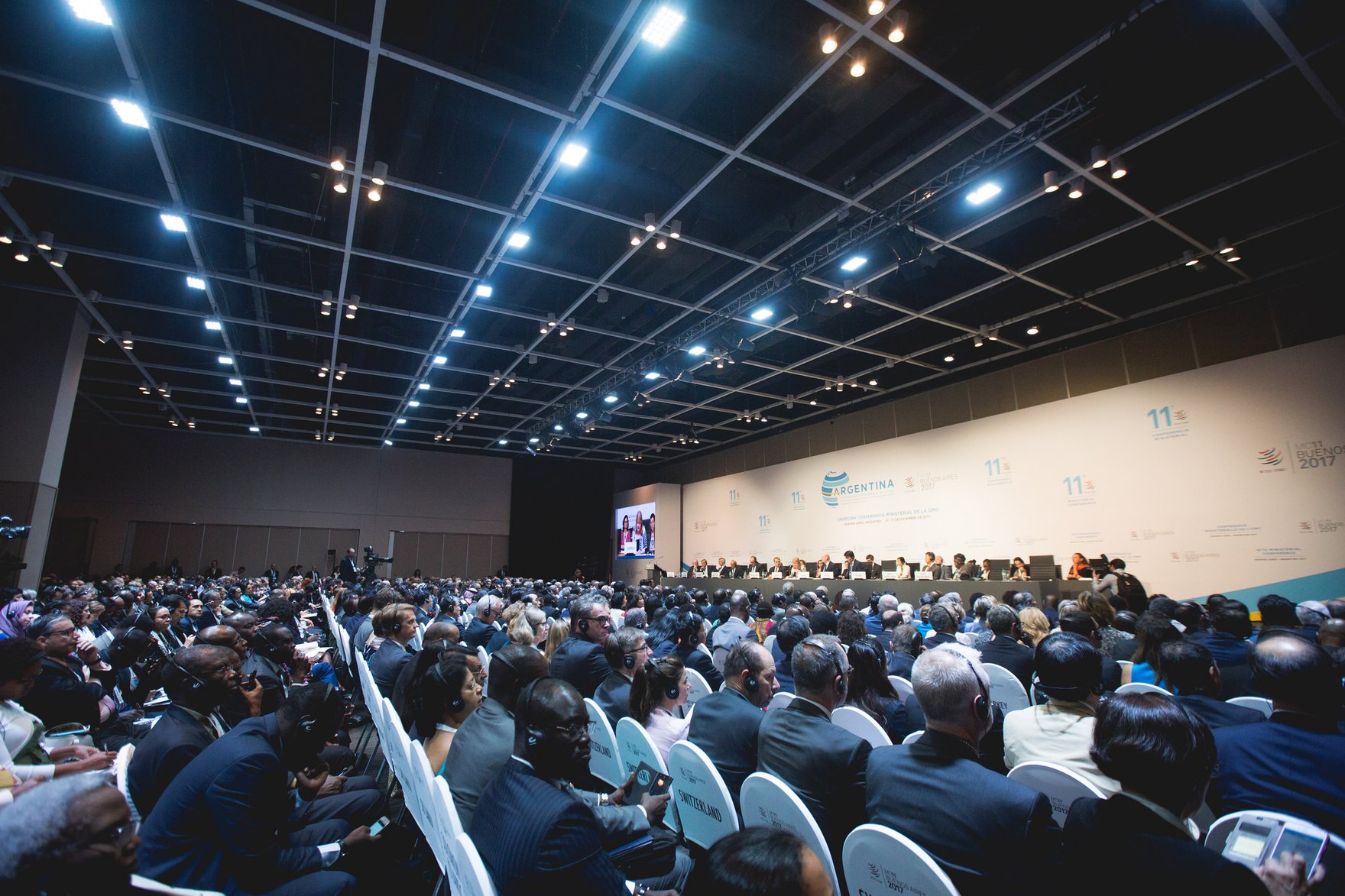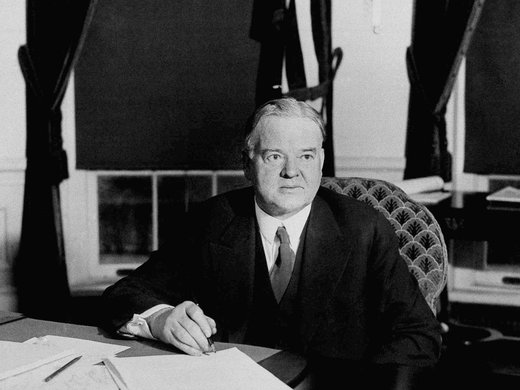On December 12, 118 World Trade Organization (WTO) members and observers — including Canada — signed the “Joint Declaration on Trade and Women’s Economic Empowerment” at the ministerial conference in Buenos Aires. In light of this milestone, three experts commented on the importance of the declaration, the expected economic impact and the challenges that WTO members will face when implementing gender-responsive trade policies.
Placing Women at the Centre of Trade
The declaration was likely the most positive outcome of the WTO ministerial meeting. With the multilateral trading system under attack from many sides, the WTO seemed on the verge of squandering its global leadership through sclerotic decision making and failure of imagination. However, with urgent work to be done to achieve the United Nations’ Sustainable Development Goals (SDGs) by 2030, many WTO ministers seem to have realized that they cannot afford to treat trade as a topic isolated from its human and gendered impacts.
That hard-nosed trade aficionados — who might have been expected to scoff — were signing up in great numbers to support an idea that places women at the centre of trade was refreshing. And especially so given the stated rationale for the declaration: that incorporating a gender perspective promotes inclusive economic growth, and that improving women’s access to opportunities in national and international economies contributes to sustainable economic development. Moreover, the declaration highlighted commitment to eliminating all forms of discrimination against women, and to achieving gender equality by 2030.
The signatories agreed to collaborate on making trade and development policies more gender-responsive. The collaboration will include sharing experiences of policies and programs to encourage women’s participation in national and international economies, best practices for conducting gender-based analysis of trade policies and methods and procedures for the collection of gender-disaggregated data related to trade; removing barriers to women’s economic empowerment and participation in trade; and ensuring that Aid for Trade, the WTO’s initiative to help developing countries and, in particular, least developed countries, supports gender-responsive trade policies.
By recognizing the centrality of gender analysis in shaping inclusive trade policy and practice, the declaration shows many WTO members, if not the entire consensus, placing women at the centre of global trade. This development is an important step in bringing more flexibility and vision to the WTO so that it is capable of contributing positively to that achievement of global goals.
— Oonagh Fitzgerald, director of CIGI’s International Law Research Program
Acknowledging Intersectional Identities
Remarkably, a disproportionate percentage of the world’s population is excluded from participating in trade and from distributive justice policies that would share the benefits of trade. I was one of a number of experts who discussed this during a CIGI-hosted panel in Buenos Aires, while the WTO ministerial conference was underway. I focused on labour while other panelists focused on women and Indigenous people.
The cross-section of viewpoints was important because women’s identities are multiple and intersecting, and women engage in trade differently.
There are complementary lenses to thinking about the relationship between trade and gender. For example, social reproduction — including most care work in the home that is still primarily undertaken by women — enables markets to function. Moreover, a majority of migrant women workers cross borders to provide care. Yet the movement of persons beyond borders is treated very differently from the movement of goods. How we manage migration and SDG number eight (decent work for all) from a human rights perspective will remain a crucial dimension of inclusive trade.
Like all workers, women also care about how the benefits of trade are distributed. I argue that we need to question our assumption that individual states should bear the entire responsibility for trade adjustments. By thinking about social regionalism, that is, transnational approaches to what Nobel laureate Joseph Stiglitz refers to as “social protection without protectionism,” we enable women to benefit more equitably from trade.
— Adelle Blackett, Canada Research Chair in Transnational Labour Law and Development, McGill University
Aligning with Canada’s Progressive Trade Agenda
The Buenos Aires declaration on women and trade is in direct alignment with Canada’s progressive trade agenda, which seeks to ensure that all segments of society, both in Canada and abroad, can take advantage of the economic opportunities flowing from trade and investment.
Trade policies affect women and men differently because of the different roles they play in the economy. Women represent the majority of workers in import-competing industries such as textiles and footwear, and are traditionally employed in the services sector, where trade liberalization is less advanced than in the goods sector. Using a gender lens when crafting trade policies and negotiating trade agreements ensures that these differences are borne in mind and contributes to the development of gender-neutral trade policies and rules.
In signing the declaration, WTO members have committed to removing barriers to women’s economic empowerment, to increasing women’s participation in trade and to collaborating on building gender-responsive trade policies. But there will be challenges ahead; conducting gender-based analyses of trade policies is no easy task, and signatories must share methods for the collection of gender-disaggregated data, which is sorely lacking.
— Valerie Hughes, CIGI senior fellow



